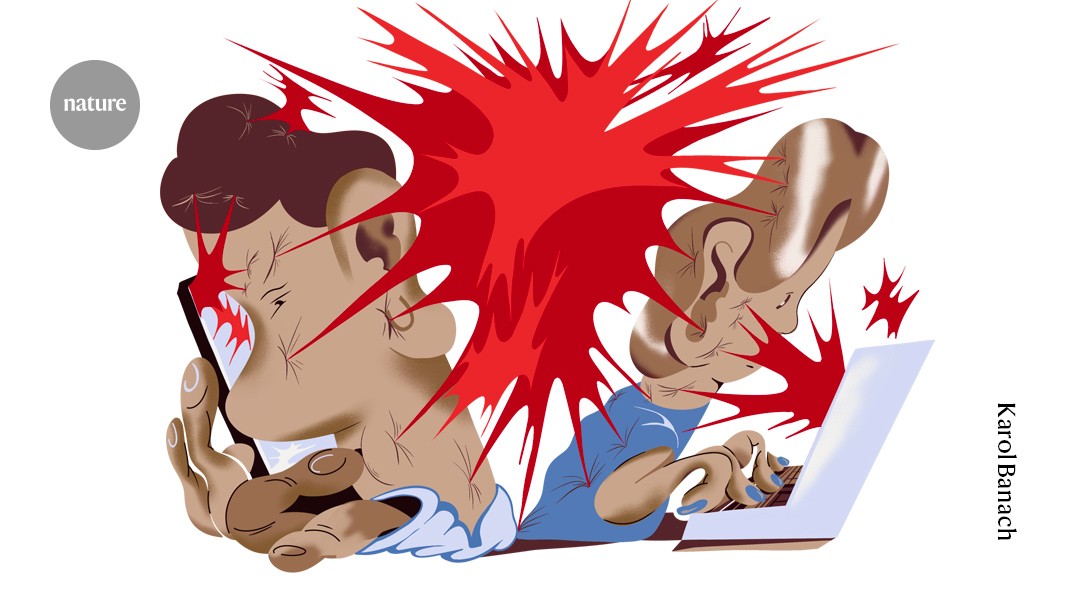
""If stress isn't assessed, then it isn't addressed," says Slavich, a clinical psychologist at the University of California, Los Angeles. "The experience highlighted a paradox between what I know stress is doing to the brain and body, and how little attention it gets in clinical care.""
"Decades of research have shown that, although short bursts of stress can be healthy, unrelenting stress contributes to heart disease, cancer, stroke, respiratory disorders, suicide and other leading causes of death. In some cases, prolonged stress drives the onset of a health problem."
"Stress also seems to be on the rise. It increased globally during the recession of 2007 to 2009 and the COVID-19 pandemic, says David Almeida, a developmental psychologist at Pennsylvania State University."
"Polls show that globally, including in the United States, stress hasn't gone back down to previous levels."
George Slavich recalls his last joyful moments with his father before his sudden death. Experiencing intense shock, Slavich recognized the mental trauma's potential impact on health. Despite his expertise in stress research, his healthcare provider did not assess his stress levels. Research indicates that while some stress is beneficial, chronic stress is detrimental and linked to various diseases. Stress levels have risen globally due to factors like economic downturns and the COVID-19 pandemic, with polls indicating they have not returned to pre-crisis levels.
Read at Nature
Unable to calculate read time
Collection
[
|
...
]